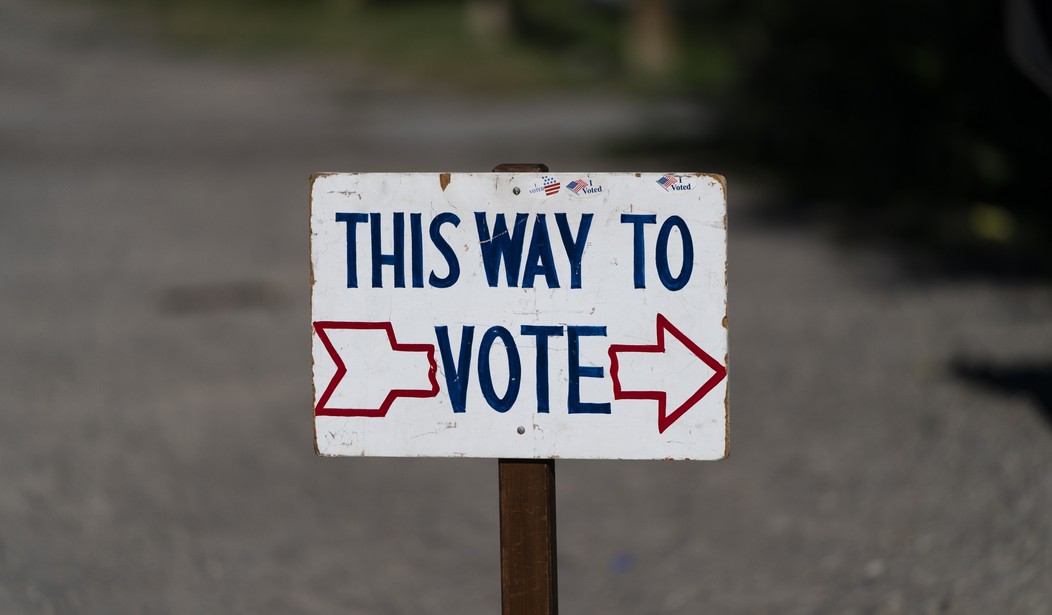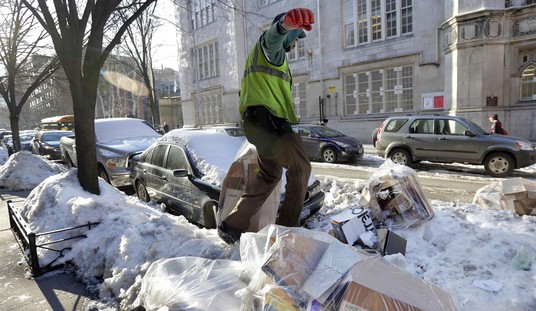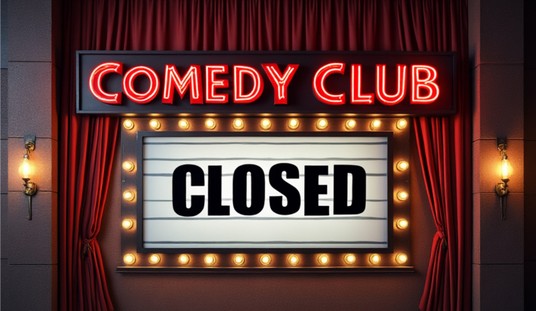The last five new presidents who took office entered with partisan majorities in both houses of Congress. But if Democrats can gain a net of four seats in the House, and Republicans gain two seats in the Senate, for the first time since the direct election of the Senate 110 years ago, whoever wins the White House will enter office with a divided Congress.
History aside, control of the House and Senate is going to come down to a handful of races. For Republicans, maintaining or expanding their thin majority will depend on flipping a handful of Democratic seats in districts won by Donald Trump in 2020. In order for Democrats to maintain their one-seat majority in the Senate, they will need to draw to an inside straight. They are going to have to prevail in West Virginia and Montana -- two states where Donald Trump won by more than 15 points -- and hold on to vulnerable seats in Ohio, Pennsylvania, and Wisconsin.
So the odds are pretty good that the Senate will flip. And some Republican incumbents in the House are having a difficult time against some very well-funded challengers. The Cook Political Report has moved six races the Democrats' way in the last week.
“A split Congress at this point means a legislative dead-end for major policy initiatives legislatively and would likely further enhance the subordination of the legislative to the executive branch, which will govern through executive actions,” said John Lawrence, who served as chief of staff in 2009 and 2010 for House Speaker Nancy Pelosi (D-Calif.)
“Bipartisan lawmaking is possible, but it’s not going to be anywhere on the scale of what we’re used to,” said Brendan Buck, who served as counselor to House Speaker Paul D. Ryan (R-Wis.) in 2017 and 2018.
Trump’s agenda, as laid out on his campaign website, is light on issues that require congressional action; it focuses more on executive actions such as raising tariffs and securing the border.
But priorities such as extending many of the rates set in his 2017 tax law, as well as new cuts for corporations and the wealthy, would be curtailed by a House Democratic majority and a speakership held by Hakeem Jeffries (D-N.Y.), who is currently House minority leader.
Likewise, Harris’s agenda includes certain items that need a stamp of approval from Congress, including a $6,000 child tax credit; a $25,000 subsidy for first-time home buyers; and new limits on the costs of prescription drugs.
In short, we're looking at another period of gridlock that will force the chief executive to govern by decree (executive order). This not only sidelines the legislative branch but places a dangerous amount of power in the hands of the executive.
“In short, next year a new president will struggle to move a big agenda in a divided Congress and will have to devote much of the year to dealing with tax and spending issues,” said Antonia Ferrier, who served on Mitch McConnell's staff directing a strategic communications office.
"Shutdown Theater" might be fine as a distraction from the usual food fights in Congress. But as a show that won't close, it prevents Congress from acting on other issues that need attention like border control.
Republicans have a good chance of taking the Senate while hanging on to the House is only a 50-50 proposition. A lot will depend on whether excitement to elect Donald Trump makes its way down ballot to get Republicans to the polls.










Join the conversation as a VIP Member